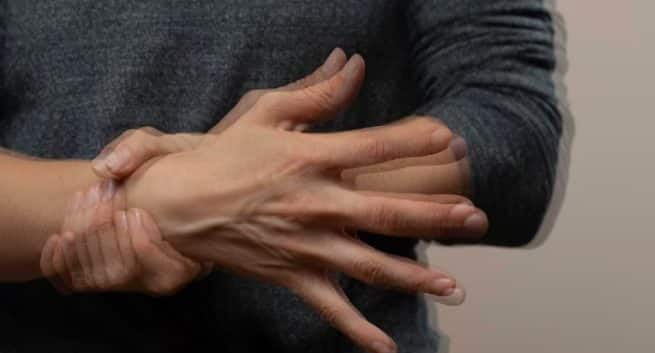There are several misunderstandings and fallacies about Parkinson’s disease (PD) and its treatment. Which is the most common myth or misconception about Parkinson’s disease? Ask a neurologist, and he/she may answer “there are not just one but many.” April 11 is dedicated as World Parkinson’s Day to raise public awareness about this progressive nervous system disorder. The day also marks the birth anniversary of Dr James Parkinson, who first identified Parkinson’s as a medical condition.
Speaking to TheHealthSite on this occasion of World Parkinson’s Day 2023, Dr. Jayendra Yadav, Consultant Neurologist MBBS, MD (Internal Medicine) DM Neurology, Medicover Hospitals, Navi Mumbai, busted some myths about this progressive disorder.
“Some persistent misunderstandings regarding the disorder must be dispelled because they may prevent persons with Parkinson’s from receiving effective treatment and caring for themselves,” said Dr. Yadav.
Following are some myths about Parkinson’s disease that he wants people to stop believing.
Myth 1: Tremors always indicate Parkinson’s disease.
Fact: Tremors may be quite upsetting. There is, however, a distinction between tremors and Parkinson’s disease. Parkinson’s symptoms are also likely to include balance issues, slowness of movement, and memory issues. A tremor may not usually indicate a Parkinson’s disease diagnosis. The most frequent cause of shaking hands and arms is ‘essential tremor,’ which is unrelated to Parkinson’s disease. Symptoms may worsen with time, although they are tolerable.
Myth 2: Parkinson’s disease only affects the old.
Fact: Anyone of any age can be affected by Parkinson’s disease. Parkinson’s disease is most frequent in those over the age of 60, however, it can also affect younger adults: One in every eight Parkinson’s sufferers is under the age of 50. One in every 20 Parkinson’s sufferers is under the age of 40.
Myth 3: Parkinson’s disease is “just” a movement disorder.
Fact: Although shaking and tremors are indications of Parkinson’s disease, so are tight muscles, slowness of movement, and a frozen or “flat” countenance. Doctors and researchers are paying greater attention to nonmotor symptoms, which they should. Cognitive impairment or dementia (typically in later stages), anxiety and sadness, exhaustion, sleep issues, and other symptoms are among them.
Nonmotor symptoms are more debilitating for some people than motor symptoms, which are the focus of treatment. Talk to your doctor about any other concerns you have so that you can get all of your symptoms treated.
Myth 4: There isn’t much you can do but take medicine.
Fact: There is a lot you can do, the most important of which is to stay as active as possible. According to a recent study, persons with Parkinson’s disease who participated in weekly, hour-long exercise sessions were able to do more in their everyday lives than those who did not.
Dr. Yadav added, “If a person has shaking, tight muscles, loss of balance, or slowed movement, he or she should consult a doctor. If the symptoms point to the start of Parkinson’s disease, the doctor may refer the patient to a specialist such as a neurologist or a geriatrician.”




GIPHY App Key not set. Please check settings